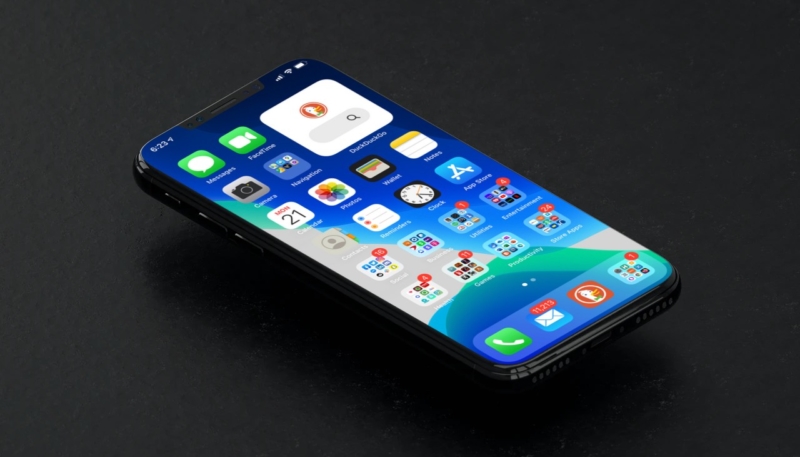Apple recently released iOS 14.7, soon followed by iOS 14.7.1, and as is traditional, Apple has now stopped signing iOS 14.6, making downgrading to that version of iOS no longer possible.
iOS 14.7, released last week, included the following updates and fixes:
– MagSafe Battery Pack support for iPhone 12, iPhone 12 mini, iPhone 12 Pro and iPhone 12 Pro Max
– Apple Card Family adds the option to combine credit limits and share one co-owned account with an existing Apple Card user
– Home app adds the ability to manage timers on HomePod
– Air quality information is now available in Weather and Maps for Canada, France, Italy, Netherlands, South Korea, and Spain
– Podcasts library allows you to choose to see all shows or only followed showsBug Fixes:
– Share playlist menu option missing in Apple Music
– Dolby Atmos and Apple Music lossless audio playback may unexpectedly stop
– Battery service message that may have disappeared after reboot on some iPhone 11 models is restored
– Braille displays could show invalid information while composing Mail messages
Apple on Monday released iOS 14.7.1, which provided the following fixes:
iOS 14.7.1 fixes an issue where iPhone models with Touch ID cannot unlock a paired Apple Watch using the Unlock with iPhone feature. This update also provides important security updates and is recommended for all users.
An Apple support document said iOS 14.7.1 addresses a serious security vulnerability that may have been exploited in the wild.
Apple is known to routinely stop signing older versions of operating systems after it releases a public update, as part of an effort to encourage users to keep their devices’ operating systems up to date. Restoring devices to older iOS builds is common for users with jailbroken devices.


